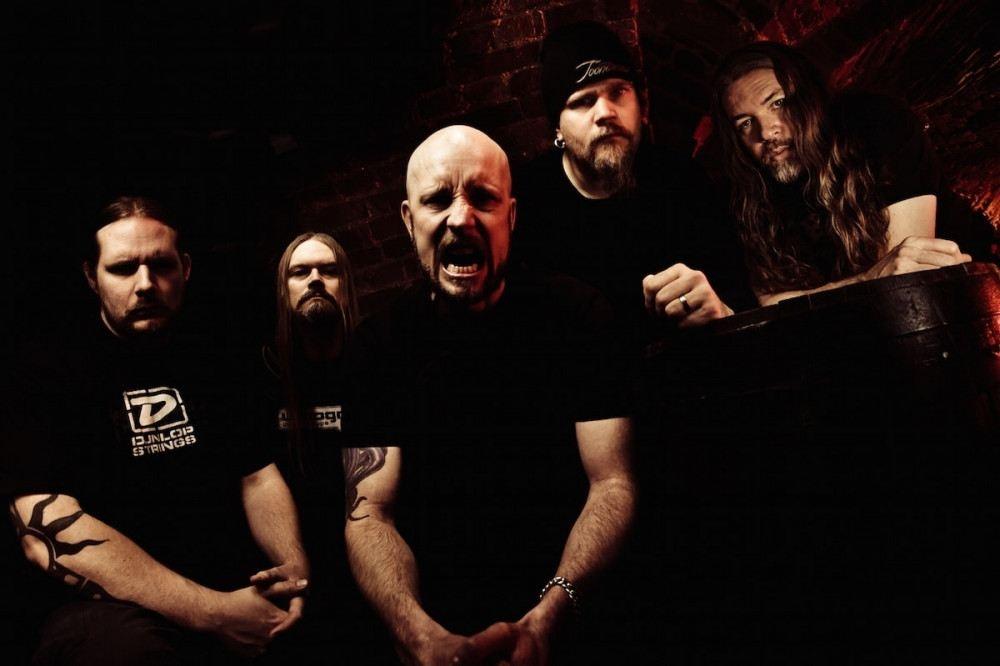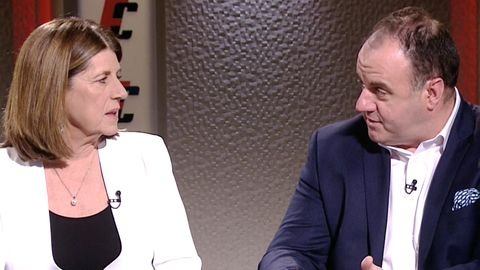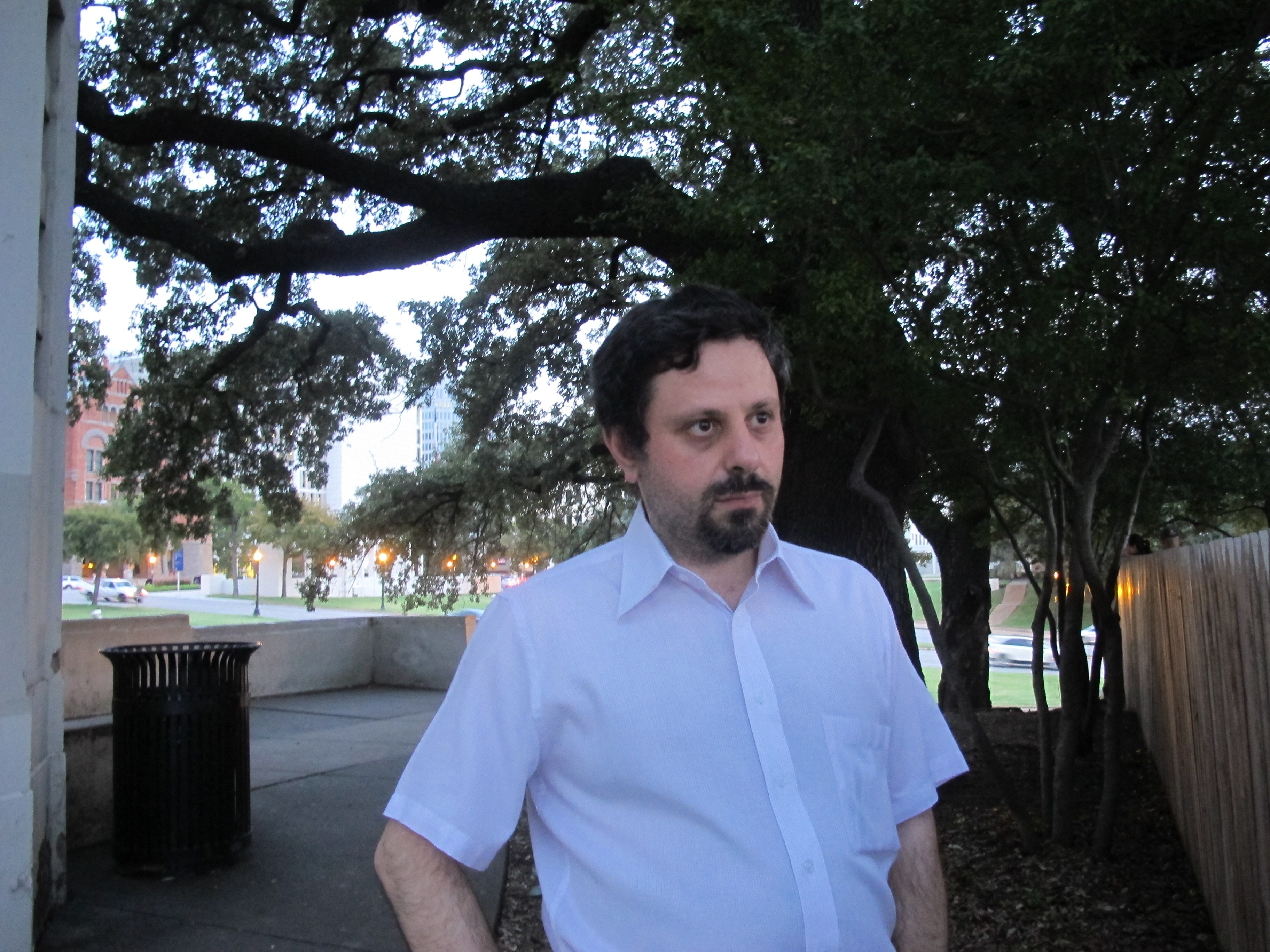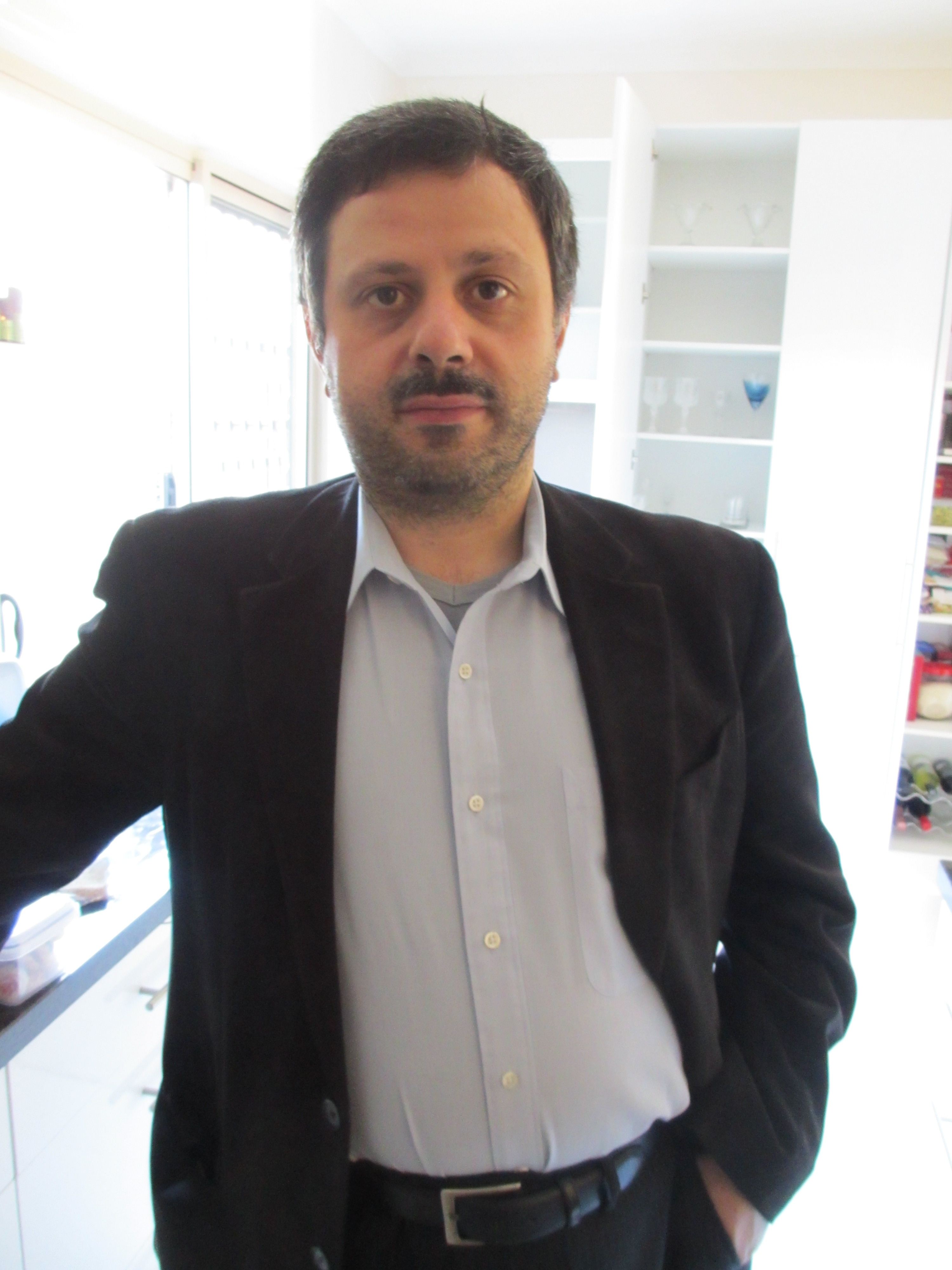Lots.
It seems that the dismal science, economics, is a popular answer here, and I’ll put my hand up for that as well.
(I just looked up the origin of the phrase The dismal science and… holy shit! Carlyle made up the phrase to decry economics as being amoral, and hence depressing—because economics was concluding that slavery was no longer economically viable! Whereas, Carlyle counterargued most morally and undismally, slavery was what God wanted for the black man!
Wow.)
Digression notwithstanding, the political debates of our decadent age are all about economic stewardship, and it becomes a civic responsibility for us to understand something of them.
But no, I don’t get it. I get that I like the whole Throw Money Down A Well as a model of generating value, but I don’t understand how it works.
I sat in on a lecture on Kant once, and I didn’t get it. So add philosophy. Though I respect that it’s about Really Important Stuff; and I did enjoy the course I took on philosophy of the mind—that seems a bit more concrete.
I’m ignoring the Australian Football League Grand Final on the TV right now, so let me add this almost-relevant anecdote for Lyonel.
When I was doing my PhD, Sunday nights were way too quiet. So I’d put on the community radio Metal show. Because I needed some background noise.

I vaguely liked what Meshuggah they played, but otherwise, the aesthetics that the show hosts were talking about were unfathomable to me. I had no idea why band A was brutal and tight, and band B was derivative and dumb, and what the fine distinctions were between the subgenres.
But they did. And I was happy that they did. It gave me comfort.
Same in fact for Footy Classified now. No idea what Caro Wilson and Craig Hutchison are yelling at each other about. Don’t particularly care, either.

But I’m glad they care. It gives me comfort.
Well, ditto the economists and the philosophers.








